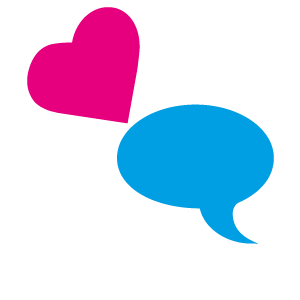
Speaker Profile
Dawn
Harris
Consultant Forensic and Clinical Psychologist
Dawn is a Consultant Forensic and Clinical Psychologist, an Associate Fellow of the British Psychological Society, and an Accredited Psychotherapist. She has worked in both the public and private sectors for over 20 years where she gained extensive experience of working with people who have experienced trauma. She previously owned and worked as clinical lead in a private psychiatric hospital that specialised in working with people with a history of complex trauma, and has designed trauma informed rehabilitative interventions for forensic settings. She developed and delivers BPS accredited training to organisations in trauma-informed/responsive practice and regularly supervises other therapists working in the trauma field.




